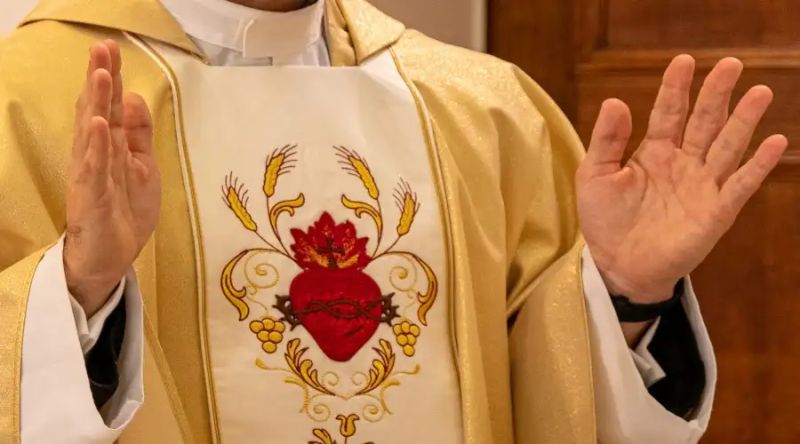Clerical sex abuses crisis: Spanish priests hit with sanctions

 null / Credit: Credit: Koolshooters / Pexels
null / Credit: Credit: Koolshooters / Pexels ACI Prensa Staff, Jul 13, 2023 / 16:30 pm (CNA).
The Diocese of Mallorca in Spain has sentenced Father Julià Cifre Vandrell to three years of not celebrating Mass “in any place other than at his home” and to leading “a secluded life of retirement, prayer, and penance.”
The priest was also ordered to “write a letter to the victim apologizing for all the pain he has caused” and refrain for life “from coming into contact with the victim or her relatives.”
The penalty was imposed “once the criminal administrative canonical procedure against the priest was completed,” according to a statement from the diocese.
The decree stresses “the extraordinary gravity of the behavior that he has acknowledged having maintained for years.”
The victim, who was also reportedly abused by her father in childhood, suffers from a mental disorder. In 2021, she reported to the diocese that she had been abused by three priests over 36 years.
Cifre is a diocesan priest and the two others are Jesuits. Last week, the Jesuits reported that the following measures were imposed on the two priests beginning in 2021: restriction of mobility, complete limitation of pastoral activity, prohibition of activities with minors and adults, and the obligation to undergo a psychological evaluation. In one of the cases, these provisions were made final for life through a penal precept.
In the other case, a decision from the Dicastery for the Doctrine of the Faith is awaited.
The Diocese of Mallorca expressed its “request for forgiveness from the victim” and its intention to “continue supporting and accompanying her in her therapeutic, spiritual, and financial process.”
In addition, the diocese emphasized its “resounding condemnation of any type of abuse and violence,” its “firm intention to always seek the truth,” and to cooperate with secular judicial authorities.
This story was first published by ACI Prensa, CNA’s Spanish-language news partner. It has been translated and adapted by CNA.




